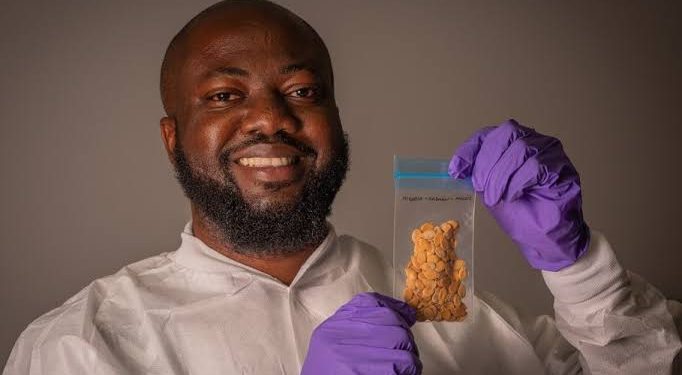Egusi seeds, a Nigerian food staple, have returned from the International Space Station. This is the first West African native food sent to space. Scientists will now study how space travel affects the seeds’ DNA and growth.
Temidayo Oniosun, founder of Lagos-based Space in Africa, said the mission could help ensure space exploration reflects global diversity. “This is not just an American or European mission — this is a global mission,” he said.
Researchers from the University of Florida and Nigeria’s International Institute of Tropical Agriculture will examine the seeds for changes caused by exposure to microgravity. The project aims to determine whether Egusi can grow in extraterrestrial environments, a crucial step for long-term missions where resupply is not feasible.
High in protein, Egusi is a core ingredient in soups and stews across West and Central Africa. Its inclusion in a space mission has sparked more excitement in Nigeria than past satellite launches. This is showcasing the cultural connection between food and science.
Growing food in space is seen as vital for sustaining astronauts on distant planets. Oniosun believes familiar foods could make life in space more human.
























































